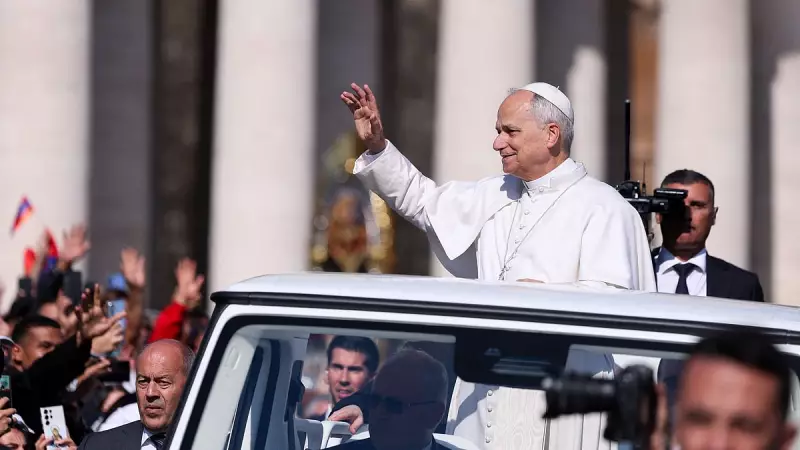
In a deeply significant move that marks a pivotal moment for the Catholic Church, Pope Francis has held his first official meeting with survivors of sexual abuse within the Catholic institution in Canada. This encounter, charged with emotion and symbolic weight, represents a direct effort by the Vatican to confront its painful history and acknowledge the profound suffering inflicted upon victims.
A Meeting Centered on Listening and Acknowledgement
The private audience was not merely a ceremonial gesture. Survivors, many of whom are from Indigenous communities affected by the notorious residential school system, were given a platform to share their harrowing personal stories directly with the Pontiff. The core of the meeting was built around the Pope listening intently to their experiences of trauma and the long-lasting impact of the abuse they endured.
This act of listening is seen as a crucial step in the healing process, validating the survivors' pain in a way that institutional apologies alone cannot achieve.
The Shadow of Canada's Residential Schools
The context of this meeting is inextricably linked to Canada's dark chapter of church-run residential schools. For decades, Indigenous children were forcibly separated from their families and subjected to systemic abuse, cultural erasure, and neglect. The discovery of unmarked graves at former school sites has recently amplified calls for justice and transparency.
This meeting with the Pope is a direct response to the longstanding demands from survivors and Indigenous leaders for the Church to take tangible responsibility for its role in this tragic history.
A Pledge for Transparency and Action
Beyond listening, Pope Francis used the meeting to reiterate the Church's commitment to addressing clerical sexual abuse with greater transparency and accountability. He emphasized a "zero-tolerance" policy and pledged that the institution would continue to implement and strengthen protocols to prevent such atrocities from happening again.
While survivors and advocates have welcomed the meeting as a positive development, many stress that it must be followed by concrete actions, including further financial reparations, the release of all related documents, and the ongoing prosecution of any living perpetrators.
This gathering is therefore viewed not as an end point, but as a critical, ongoing step on the long road toward reconciliation, justice, and healing for all victims of abuse within the Catholic Church.





